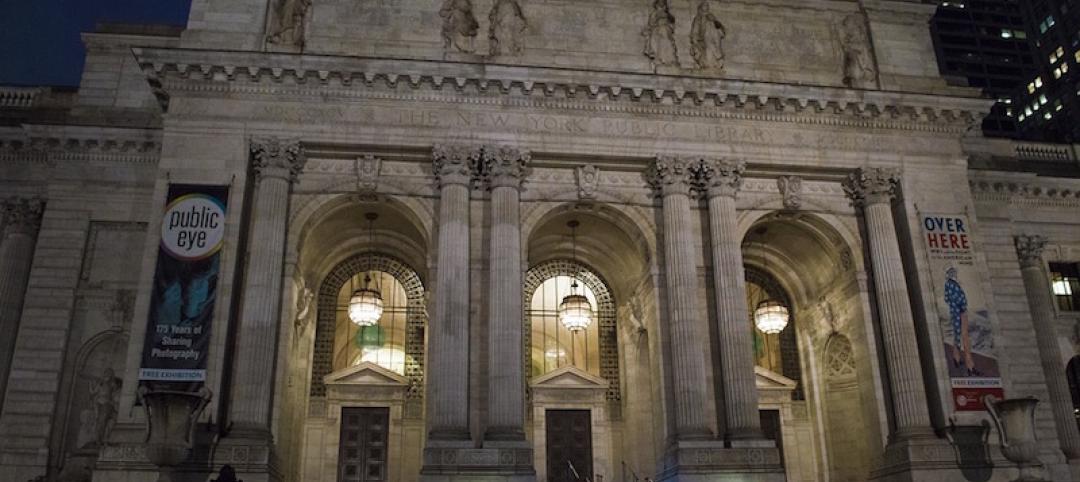Zoning restrictions are making the construction of housing more difficult, and that is driving up the cost of housing in many cities.
What’s more, that effect is having an impact beyond the construction industry, according to a study by two economists, Chang-Tai Hsieh of the University of Chicago and Enrico Moretti of the University of California at Berkeley. They estimate that zoning restrictions reduced U.S. GDP as a whole by 9% percent a year, or roughly $1.5 trillion a year.
Some urbanists and city planners view the key to rebuilding cities, reigniting innovation, and improving productivity is to do away with onerous zoning codes and land-use restrictions that stymie much-needed development. This is particularly true when it comes to housing in certain technology and economic hubs such as like New York and San Francisco.
The two economists recently published an update to their study, and found that such zoning constraints lowered the aggregate growth by more than half between 1964 and 2009. The study advocates for investing in mass transit, light rail, subways and high-speed rail to connect places together. Such investments in transit are likely to have a much bigger positive economic impact than eliminating land use restrictions by linking job centers to outlying places, where land is relatively cheap and housing more affordable, the economists argue.
Related Stories
Codes and Standards | Apr 27, 2017
Extensive list of plug load efficiency utility incentives available for free download
The Dept. of Energy resource is a state-by-state compilation with hundreds of listings.
Codes and Standards | Apr 26, 2017
Chicago commits to 100% renewable power for all city buildings
In doing so, it becomes largest U.S. city to make such a pledge.
Codes and Standards | Apr 25, 2017
Concerns over increased construction costs following Trump executive orders
‘Buy American’ requirement and revised H-1B visa restrictions could raise prices on supplies, labor.
Codes and Standards | Apr 24, 2017
‘Staggering delays, exorbitant costs’ in New York City library, cultural building construction
Study finds significant problems with how city manages capital projects.
Codes and Standards | Apr 20, 2017
California lawmakers have had little success in attracting sports stadiums
Only one of several attempts has had an impact in recent years.
Codes and Standards | Apr 19, 2017
Dept. of Energy releases updated versions of EnergyPlus and OpenStudio building energy modeling tools
The updated versions include full support for variable speed DX coils, enhanced plant auto-sizing, new fan model, and support for non-rectangular windows.
Codes and Standards | Apr 18, 2017
K-12 school daylighting initiative created to promote best practices
Eneref Institute creates networking group of school administrators for ideas to overcome market obstacles.
Codes and Standards | Apr 17, 2017
OSHA delays enforcing crystalline silica standard in construction industry
Enforcement will begin Sept. 23, three months later than planned.
Codes and Standards | Apr 13, 2017
Former OSHA official publishes safety citations on his own
Under Trump orders, agency had stopped issuing ‘shaming’ press releases on major fines and safety violations.
Codes and Standards | Apr 12, 2017
Trump infrastructure task force suggests arbitration to speed projects
Permitting process could be reduced from 10 years to 2 years under the proposal.

















